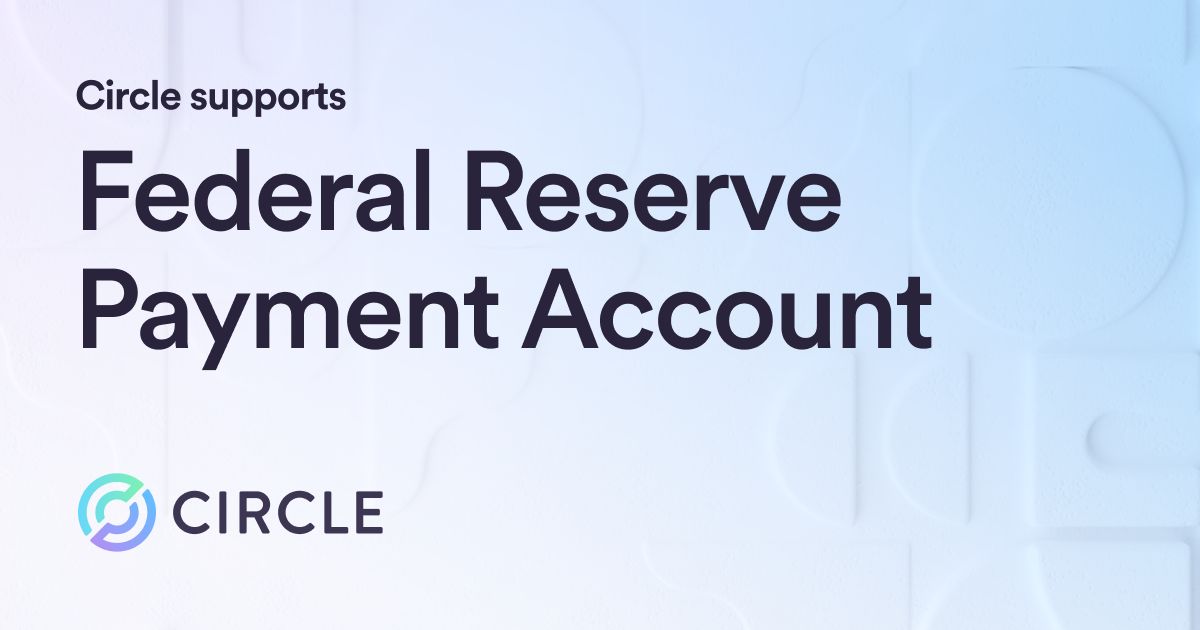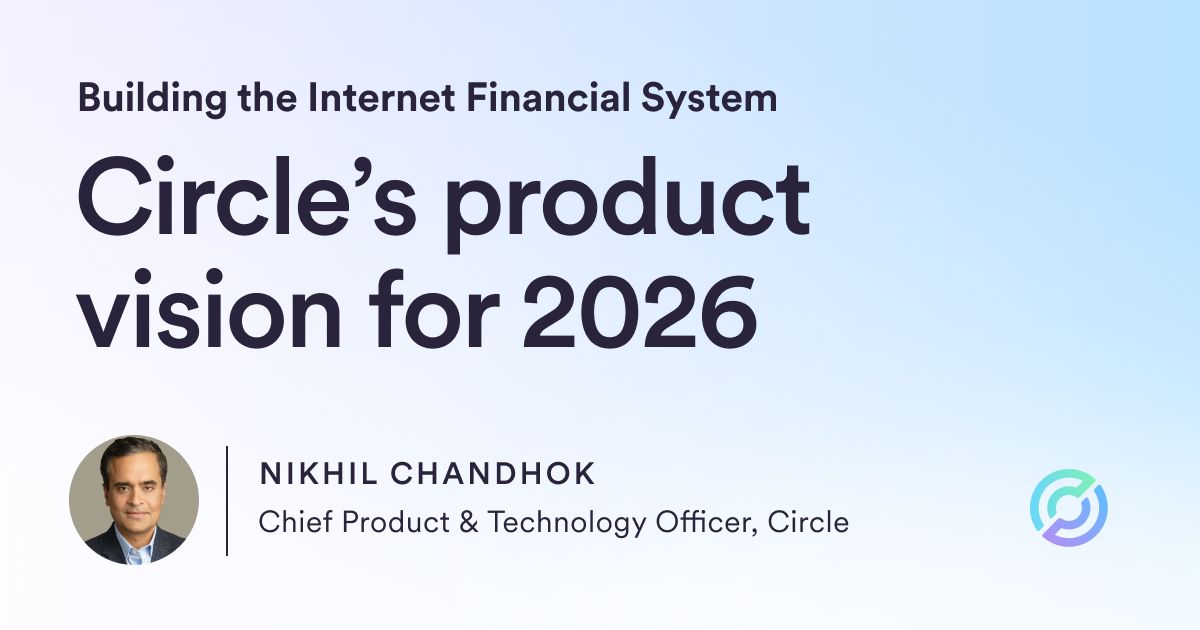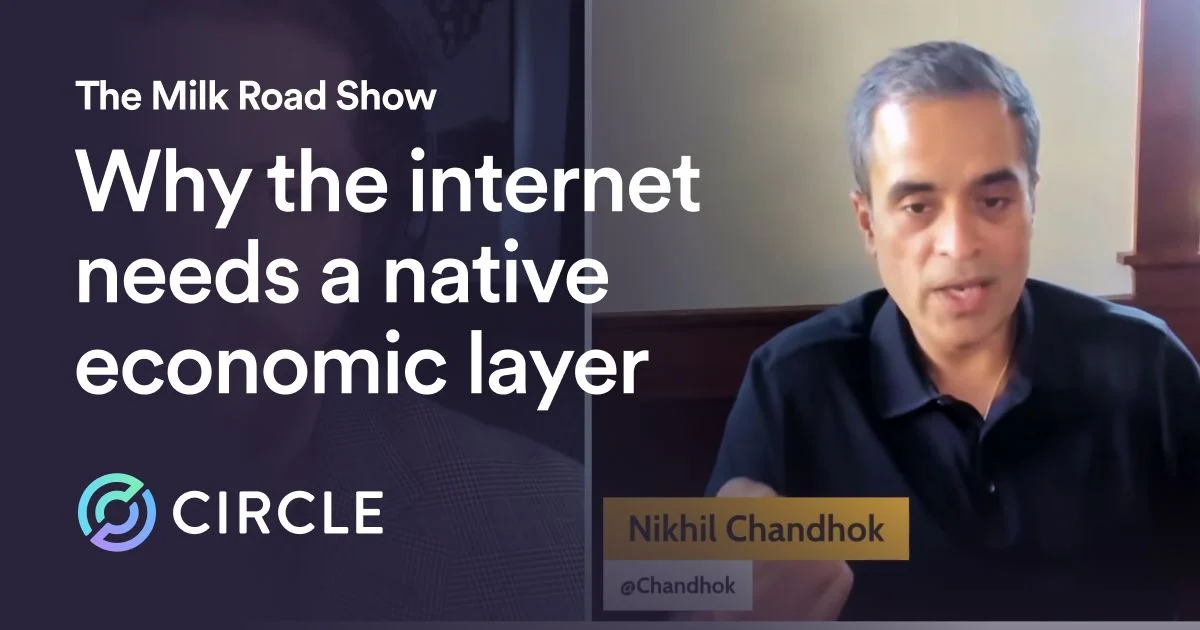D.C. Fintech Week brought together a global set of policymakers, scholars, academics, technologists, and others who are making a direct impact on legislation and regulation.

October in Washington, D.C. offers more than a break from the summer humidity and blue-bird clear autumn skies. In fact, this year, the week of October 10th offered the perfect setting for Circle to engage across the city, engaging with students at Howard University and speaking at D.C. Fintech Week and the Institute of International Finance’s fall conference.
As a follow on to our announcement at Converge regarding the roll out of Circle U to Historically Black Colleges and Universities (HBCUs) across the U.S., Circle CEO and Co-founder Jeremy Allaire met with Howard University students to talk about supporting the next generation of digital assets experts, and Circle’s commitments to HBCU students to expand minority access to curriculum and expertise in these emerging technologies.
The week also brought the opportunity to participate in D.C. Fintech Week, which brought together a global set of policymakers, scholars, academics, technologists, and others who are making a direct impact on legislation and regulation. Circle emphasized the importance of fiat convertibility and financial system integration for digital assets, as well as how digital assets can address access and inclusion issues for underserved and local communities. The team in Washington also hosted an industry cocktail and networking event convening crypto/blockchain/Web3 practitioners, media, policy makers, and enthusiasts for a night of networking in the nation's capital.
Finishing the week, Circle participated in the Institute of International Finance’s fall conference, which convened an audience from the world of central banking and traditional finance, many of whom were attending the World Bank and International Monetary Fund (Bank-Fund) Autumn Meetings nearby. Jeremy Allaire had a mainstage conversation that touched on the need for digitally-native capital markets made possible through digital currencies like USDC and EUROC. He underscored the point that privately-issued payment stablecoins maintain and advance western, liberal values like privacy and freedom by ensuring the “air gap” between citizens’ money and their governments.
We believe all challenger innovations and fast-growth companies need scrutiny and skepticism to succeed. That’s why we’ve been leading the charge to get state, federal and international laws in place to help protect digital asset holders and support responsible innovation since 2013 when Circle was founded.
Joining students and faculty, fintech leaders, global policymakers, central bankers and traditional finance representatives in D.C. at a critical moment for policy development is part of our ongoing strategy to realize the utility value of digital assets for everyone.




